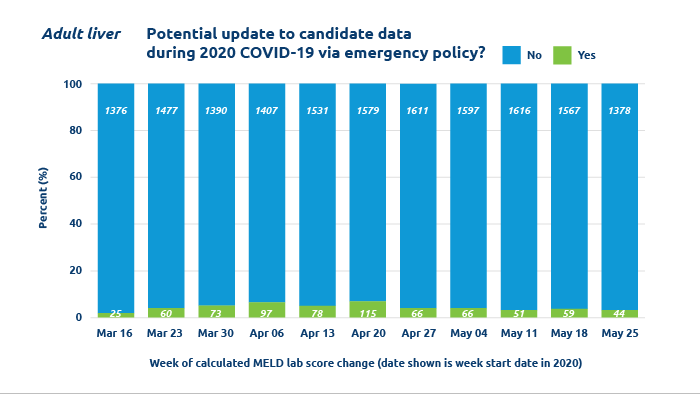in focus
While used infrequently, the new policy enabled transplant programs to reduce COVID-19 exposure for their waitlist candidates.
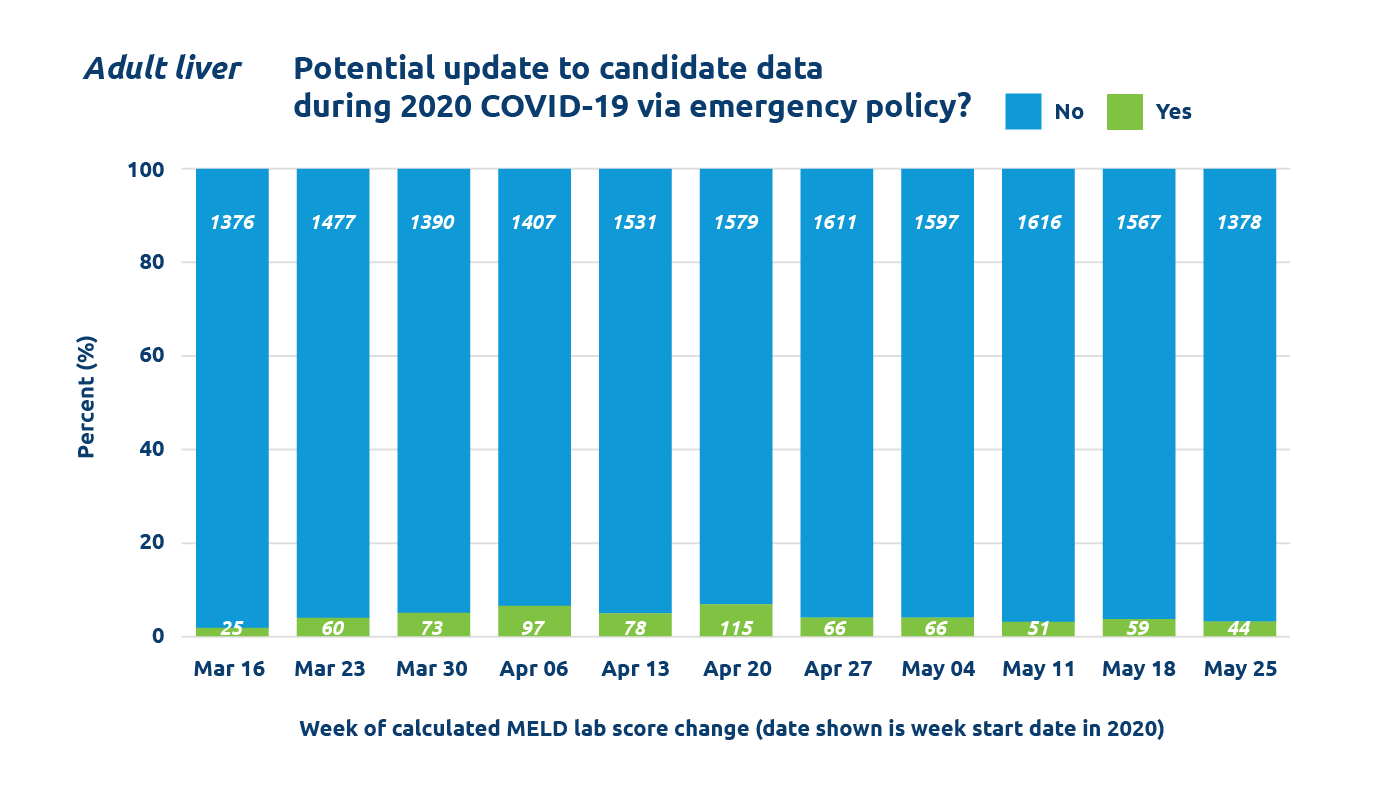
Waitlist candidates benefited from an emergency COVID-19 policy allowing programs to carry forward previous test results.
While utilized for small percentage of waitlist registrations, the action helped programs protect candidates from unnecessary COVID-19 exposure and kept them in the appropriate medical urgency status.
Between the weeks of March 16 and May 25, the COVID-19 policy may have protected up to 823 waitlist registrations, including:
- 734 adult liver and 21 pediatric liver candidates
- 67 adult lung candidates
- One adult heart transplant candidate
This policy was used for a small percentage of waitlist registrations each week, including:
- Two to seven percent of all adult liver candidates and zero to 16 percent of all pediatric liver candidates
- Four to 14 percent of adult lung candidates
Note: These are maximum counts. It is possible that labs were redone and returned the same lab values.
Periodically medical and lab test results are required to maintain current medical urgency status for liver, lung and heart transplant candidates.
The emergency OPTN policy action allowed transplant programs to refresh candidate clinical data with data obtained through previous testing in order to maintain current waitlist priority. This policy prevented candidates who could not undergo routine testing due to the COVID-19 crisis from being adversely affected on the waitlist. UNOS staff collaborated with members to quickly adapt the system to make it easier for transplants to happen, given the challenges during the pandemic.
View the “Summary of COVID-19 emergency operational and IT modifications” slides that were presented to the Executive Committee of the Organ Procurement and Transplantation Network Board of Directors on June 7.
In focus
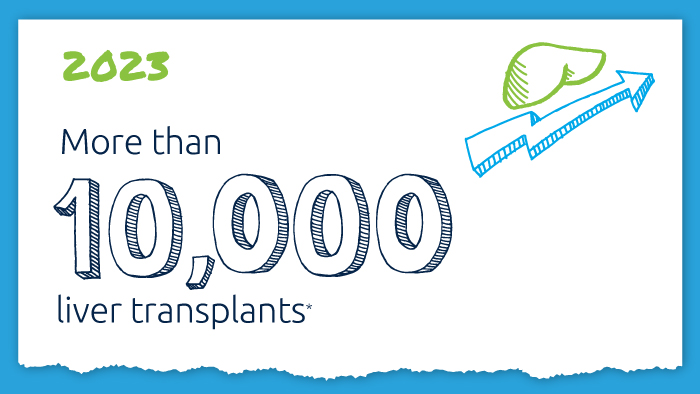
A decade of record increases in liver transplant
10,660 liver transplants, the most ever in a year.
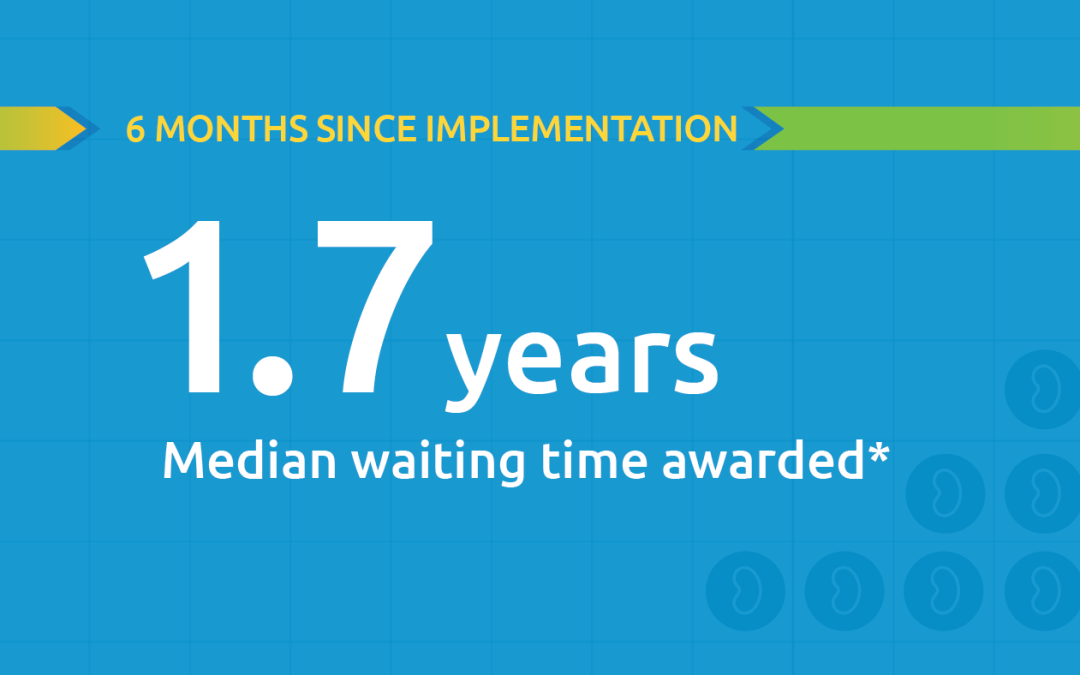
Black kidney candidates are receiving waiting time modifications, helping them get the organs they need
Latest kidney monitoring report shows two new kidney polices are working as intended
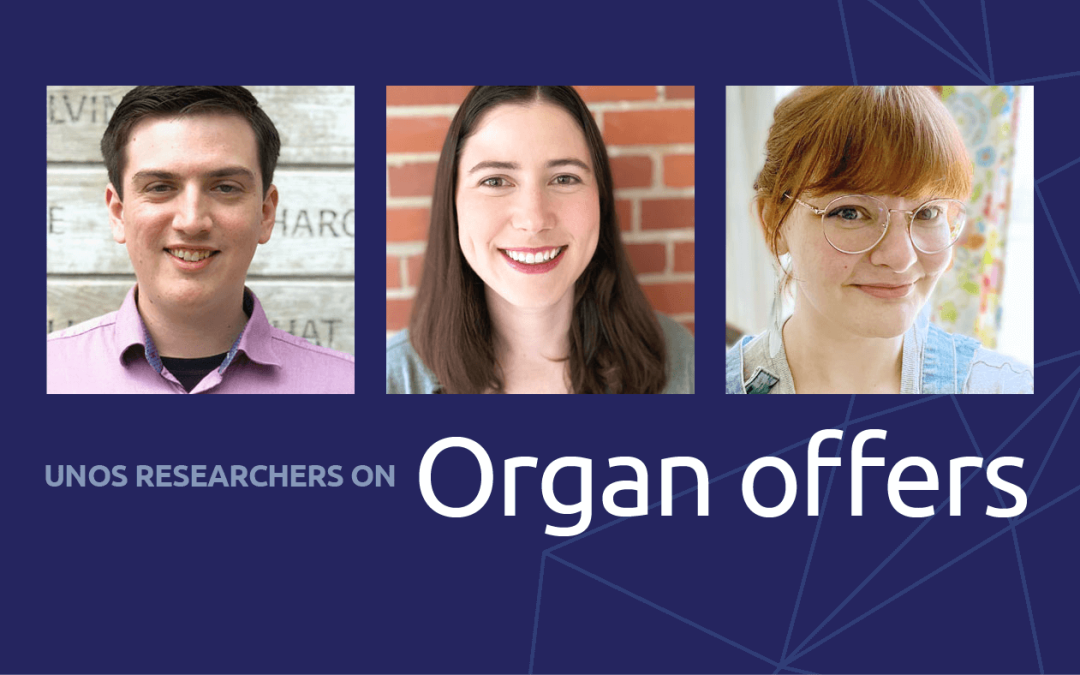
Research in focus: examining organ offers
Three recent studies from UNOS researchers examine offer acceptance practices and impact of Offer Filters tool.
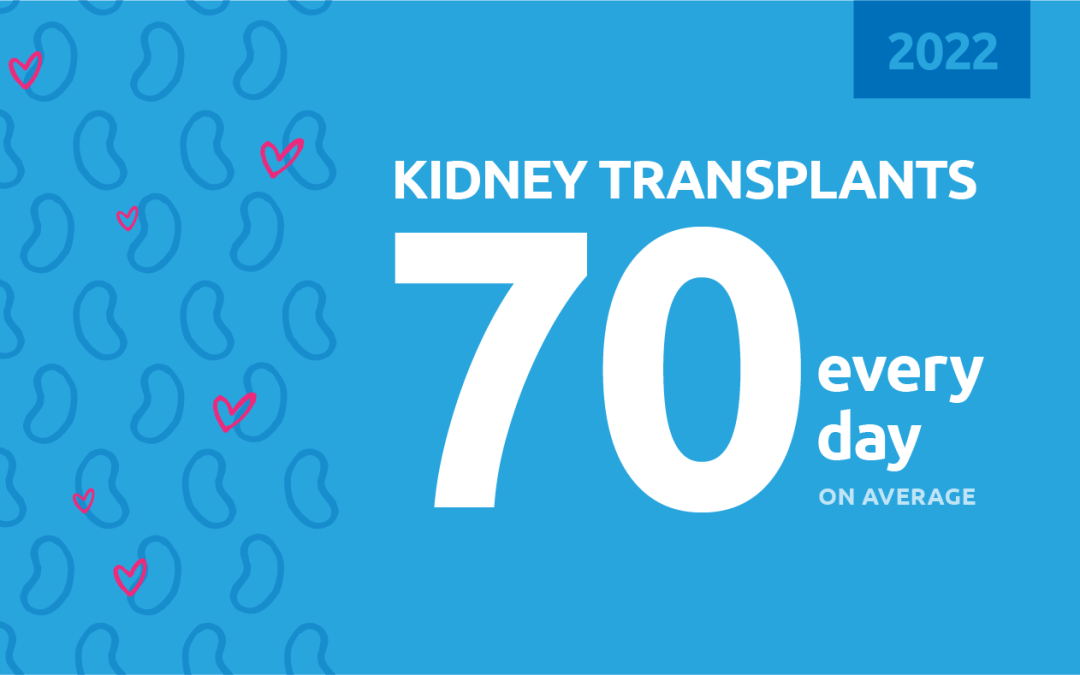
New milestone reached in kidney donation and transplant
For the first time, more than 25,000 kidney transplants were performed in a single year

